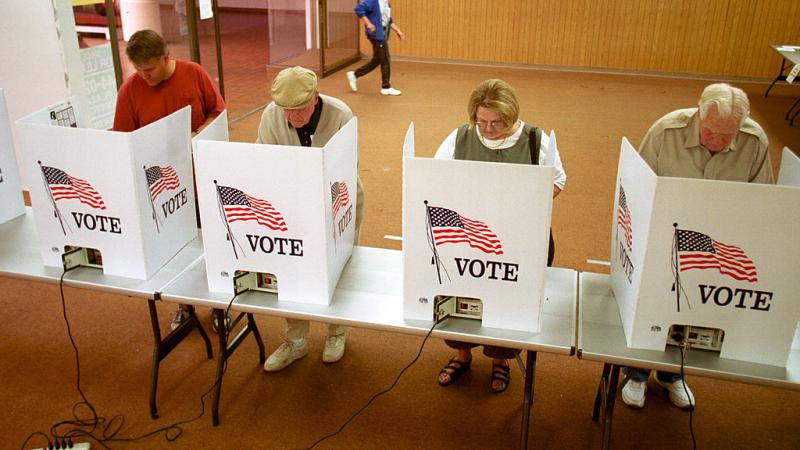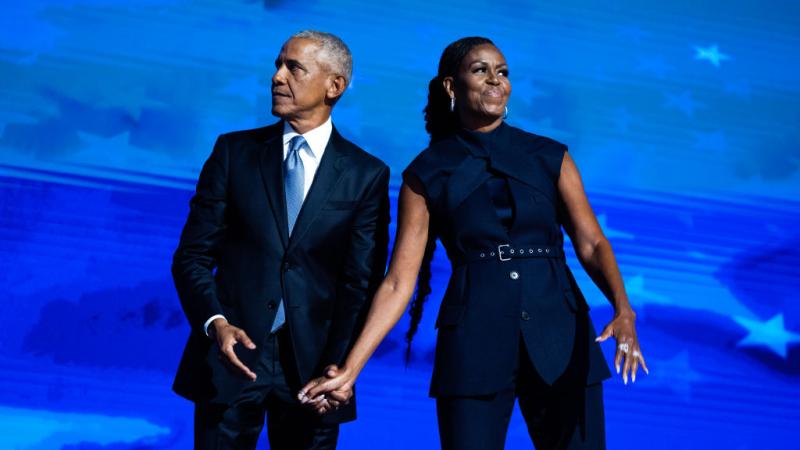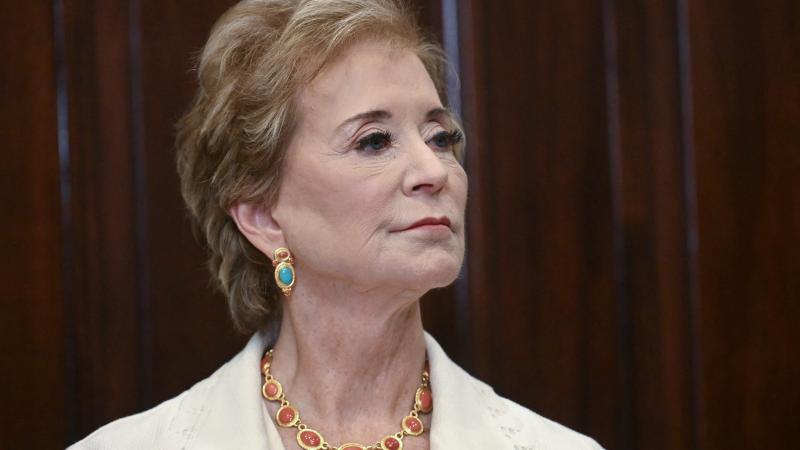Are some states effectively enabling registration, ballots by ineligible voters?
Near-identical language in state statutes shields ineligible voters from criminal exposure with presumption of "official authorization."
Multiple states appear to be effectively enabling ineligible voters to register to vote and even, in some cases, cast ineligible ballots in U.S. elections.
Near-identical legal provisions passed by numerous state legislatures stipulate that individuals who are "ineligible to vote," yet who register under automatic voter registration rules without knowing of their ineligibility, are "presumed" to have acted with "official authorization" and, barring evidence to the contrary, are not criminally liable for such registration.
Statutes in Rhode Island, Washington, Vermont, Maine and California have all established virtually indistinguishable provisions under their respective state election codes. In some cases, such as California, the actual votes of ineligible voters are also granted "official authorization" so long as the voters were unaware of their ineligible status.
Efforts in other states over the past several years, including in New York, Illinois and North Carolina, have attempted to enshrine identical provisions in their respective election codes, though those efforts have all stalled out during the legislative process. A bill put forth last year in the Louisiana senate, meanwhile, would have placed that language on the state books if it had passed.
Some states, such as California and Washington, stipulate that the state should remove from the voter rolls ineligible voters who nevertheless manage to register. It is unclear if those states or any of the others have taken steps to do so since the passage of their respective laws.
With the enactment of its "New Motor Voter Act" (Assembly Bill 1461) in 2015, California modified its rules to confer "official authorization" on both the ineligible voter registration and the ineligible vote in the absence of evidence of ill intent. State Assemblywoman Lorenza Gonzalez, one of the sponsors of AB 1461, did not respond to inquiries regarding the genesis of that bill, including whether or not she had any input from outside groups in crafting its ineligible voter provisions.
But Cathy Wells, a senior researcher in the office of the chief of staff at the Louisiana State Senate, suggested that the Brennan Center for Justice, a progressive-leaning law and public policy institute at New York University Law School, may have contributed to the language in both the Louisiana senate bill and the provisions in other states.
Wells said that the state senator behind the Louisiana bill, Troy Carter, was contacted by the Brennan Center after he put forth the proposal. The think tank "kind of tweaked" Carter's law, she said.
Ultimately, the legislation was halted in the emergency period following the outbreak of COVID-19.
Noting that this year's voter registration law was "not his first," Wells said she guessed Carter would likely put forth a similar law in 2022.
Brennan Center's history of automatic voter registration advocacy
Multiple officials at the Brennan Center did not respond to requests for comment on their involvement, if any, with Carter's legislation or voter registration policies in other states.
But the organization has a history of championing automatic voter registration policies of the kind covering the aforementioned ineligible voter rules.
The group claims to have "led the way in developing and promoting automatic voter registration ... in which eligible voters are automatically registered when they have contact with government agencies, unless they opt out."
"It's a reform that is already dramatically reshaping registration by making it much easier to get on the rolls," the organization adds.
The Brennan Center says that Congress should "pass the Automatic Voter Registration Act" and that "states should continue to adopt automatic voter registration."
In a policy solutions paper, the group says that no "single change could do more to improve American voting" than automatic registration.
The paper says that the policy, when implemented, "ensure[s] that all eligible citizens are registered." The group makes no mention of the ineligible voters in numerous states that are apparently able to register and vote with effective impunity in United States elections.
Just the News received no responses to its requests for comment from the state election boards and commissions of any of the states with "official authorization" shields on the books.
The Facts Inside Our Reporter's Notebook
Links
- Rhode Island's voter registration policies,
- Washington State's voter registraiton policies
- Maine's voter registration policies
- Vermont's voter registration policies
- California's voter registration policies
- New York automatic voter registration bill,
- Illinois automatic voter registration bill
- North Carolina automatic voter registration bill
- Sen. Carter's bill in the Louisiana senate















